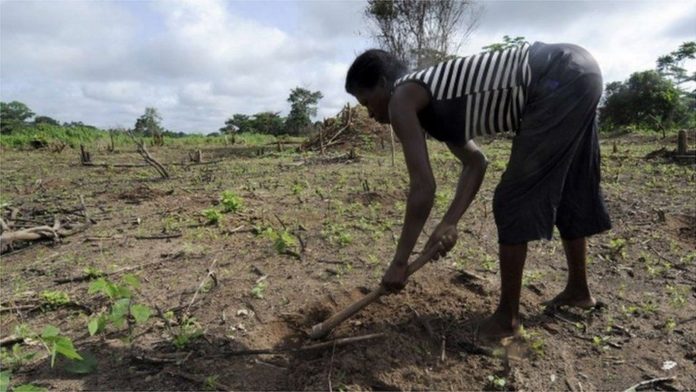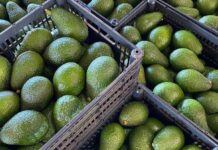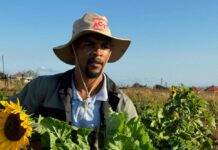Mozambicans are abandoning buying bread and switching to traditional foods such as cassava, sweet potato and yam as bread prices, like in most countries in the southern African region, rise.
Pedro Farnela, 58, a polygamist with a household of 21 people, returns home in central Mozambique carrying a plastic bag with sweet potato to replace bread due to price increases.
The eating habits of his large family – four wives, 14 children and three granddaughters – have changed since the price of bread rose from eight to 10 meticais last month.
“With that price of bread, I would no longer be able to give my family a meal. But buying cassava or sweet potato for 50 or 70 meticais I manage”, he said.
“We used to buy bread to go with the fad,” because “sweet potato has always been more affordable.
“But now the price of bread has become unsustainable for my family”, and no one goes in for fashion anymore, because, at the end of the day, it’s the bills that count, especially in one of the poorest countries in the world, where half of the 30 million inhabitants find it difficult to get enough to eat.”
To buy bread, Farnela needs to spend 210 meticais every day, almost three times what he spends on buying tubers.
The remainder is redistributed to buy other basic foodstuffs, the prices of which have also soared in recent weeks.
Thousands of families in Chimoio, the capital of Manica, have swapped bread for cassava, sweet potato or yam to circumvent the rising prices of imported wheat.
“The price of bread was already unbearable,” Marcelino Daude, a street vendor, tells Lusa.
“If I had to continue buying, I would have to divide a loaf of bread between two people and with the adulterated weight, it would not be a meal,” he says, alluding to the reduction in the size of the bread, a way producers found to accommodate the rise in raw materials without greater increases in the retail price.
Daude earns an average of 130 meticais a day, selling used clothes on the streets of Chimoio and the daily amount must be spread over three meals for a family of five, including the three young children.
Early in the morning, the ‘38 Millímetre’ market, the main informal market in Chimoio, registers a large movement of people, many inclined to choose and buy sweet potato or cassava, packed in raffia bags.
The scene contrasts with the bakeries that used to have queues and are now almost empty.
“Now people prefer to buy sweet potato instead of bread. With the increase, many can no longer buy the same amount,” Juvêncio Almeida, a bread retailer at the market, who is losing customers to tubers.”
João Marcelino, another bread seller, whose stall borders a tuber seller, explains that “the 10 meticais sweet potato serves as a meal for a family of five”.
“Bread, on the other hand, can only be consumed by one or two people at most”, he adds, acknowledging that “the sale of bread is becoming slow and difficult”.
The tuber business is attracting sellers from other provinces of the country, who want to buy the product to be resold in the southern provinces of the country, particularly Maputo, and also in the north, such as Nampula and Cabo Delgado.








